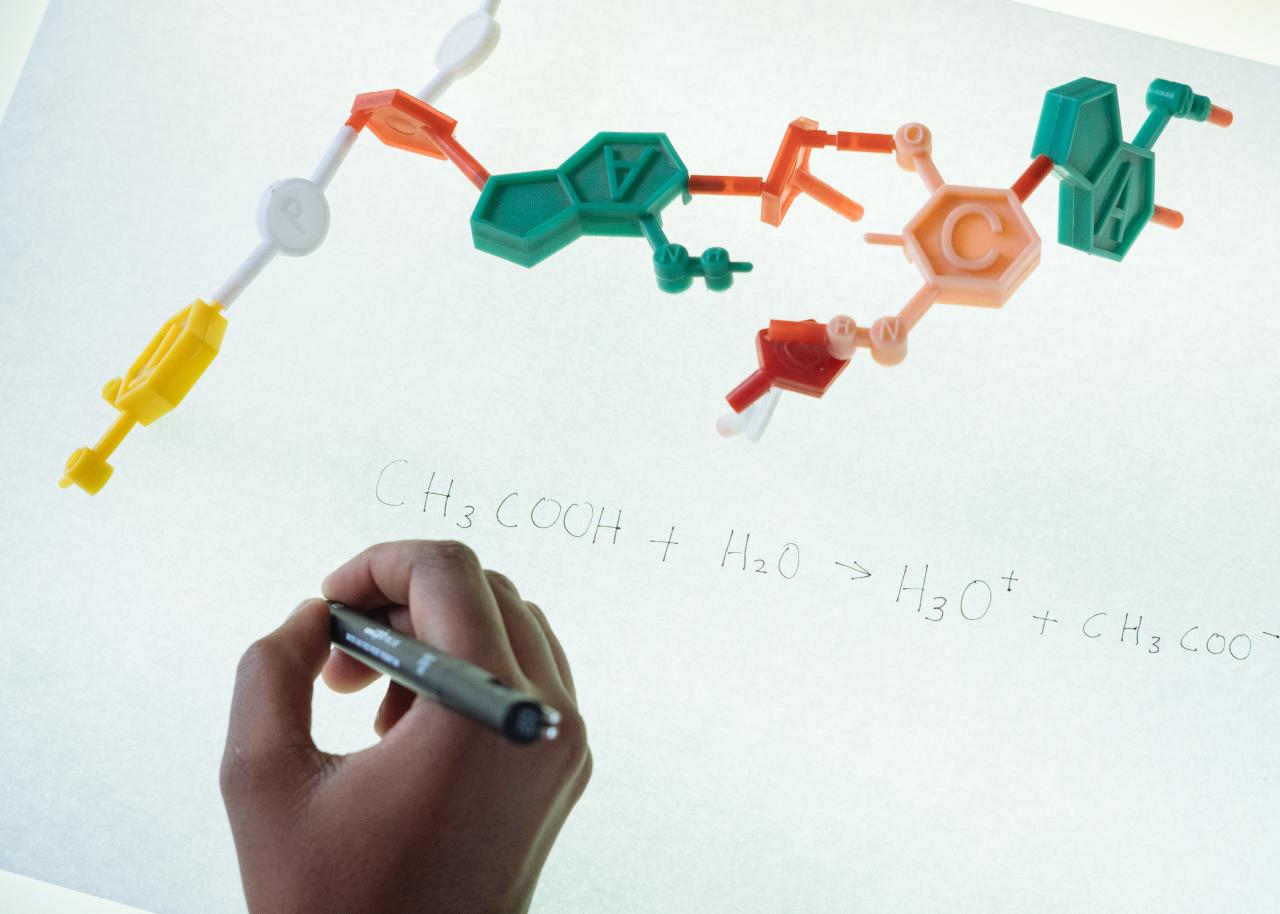You’ve probably heard about essential amino acids before, but what do you really know about them? Essential amino acids are comprised of a number of different amino acids that cannot be created by your body. When you ingest protein from a food source, the essential amino acids become available to your body. Learning about amino acids can be easier than you think, but we provide a guide on the basics of amino acids along and foods that are rich in natural amino acids.
1. Phenylalanine
This amino acid is converted into tyrosine, dopamine, adrenaline, and norepinephrine by your body. It is essential for the creation of proteins and enzymes and for other amino acids. Dairy, fish, chicken, meat, soy, nuts, and beans all contain phenylalanine.
2. Threonine
This is a major component of structural proteins like collagen and elastin, which are major elements of your skin and connective tissue. It also aids in fat metabolism and immunological function. Threonine is abundant in cottage cheese and wheat germ.
3. Valine
Valine promotes muscular development and repair, as well as energy production. Mushrooms, soy, peanuts, cheese, veggies, and whole grains all contain valine.
4. Tryptophan
Tryptophan, which is often connected with sleepiness, is a precursor to serotonin, a neurotransmitter that affects your appetite, sleep, and mood. Most high-protein meals contain tryptophan, including cottage cheese, wheat germ, chicken, and turkey.
5. Leucine
Leucine is one of the branched-chain amino acids, which is essential for building muscle and repairing tissue. It plays a role in glucose regulation, wound healing, and the production of growth hormones. Leucine maybe found in legumes, soy, beans, and dairy.
6. Lysine
Lysine is essential for protein synthesis, calcium absorption, and hormone and enzyme production. It is also necessary for energy generation, immunological function, and collagen and elastin formation. Meat, soy, eggs, quinoa, black beans, and pumpkin seeds all contain lysine.
7. Methionine
This amino acid is essential for metabolism and detoxification. It is also required for tissue development and the absorption of zinc and selenium, both of which are essential elements for your health. Methionine may be found in cereal, eggs, seeds, and nuts.
8. Isoleucine
Isoleucine, the third and final BCAA, is important to muscle metabolism and is highly concentrated in muscle tissue. It also helps with immunological function, hemoglobin synthesis, and energy balance. Isoleucine may be found in a variety of foods, including meat, lentils, seeds, fish, chicken, nuts, eggs, and cheese.
9. Histidine
Histamine is used by your body to generate neurotransmitters. It is essential for an immunological response, digestion, and sleep-wake cycles. Its primary function is to protect the myelin sheath covering your nerve cells. Histidine is abundant in poultry, fish, nuts, seeds, meat, and whole grains.
Final Notes
Our hope is that you will find this list of essential amino acids useful as you try to incorporate more high-quality protein into your diet. In any case, we’re confident that you’ll be able to put the information provided above to good use. Hopefully, it can help you connect the dots between meat and muscle.

